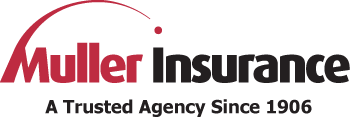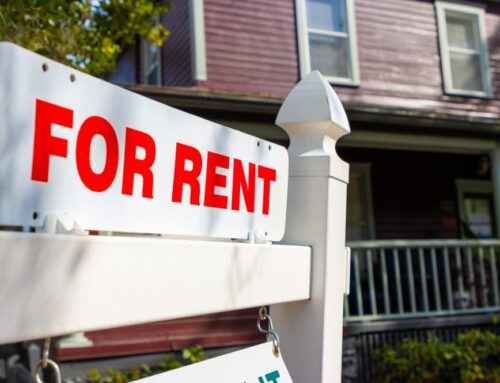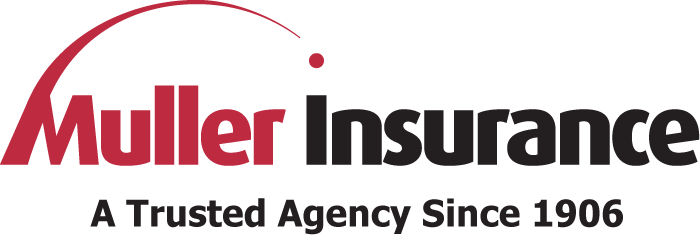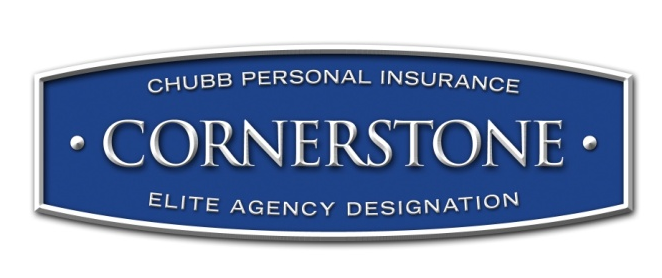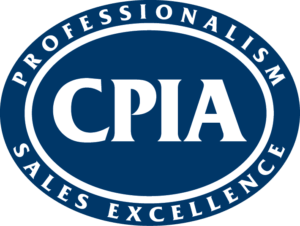Rental properties are a great source of income, but they’re not without challenges. Among them are the specialized insurance policies landlords need to protect their property and finances. Whether you’ve been in the business for years or are considering renting out apartments for the first time, Muller Insurance offers a closer look at the insurance rules every New Jersey landlord should know.
Homeowners Insurance Can’t Cover Rental Properties
Your single-family home is covered by homeowner’s insurance, so why can’t a single-family rental property use this coverage as well? New landlords may hope to save money this way, as individual homeowner’s policies are generally less costly than landlord policies. However, improperly insuring a rental property as an owner-occupied dwelling can have serious consequences.
The insurance provider will likely refuse to pay should the property be damaged since the lower rates of the homeowner’s policy are not commensurate with the higher liability of a rental unit. To ensure you can make repairs or rebuild in these situations, always choose the appropriate tenant-occupied dwelling insurance coverage for your property.
You Can Require Renters Insurance
If faulty wiring causes a fire in a tenant’s rental unit, you will both experience loss. Your landlord policy covers any damage to the building, including its walls, ceilings, floors, structural supports, and other key components. The policy can even cover common areas and elements provided by the landlord. It cannot, however, provide a payout for any of the tenant’s personal possessions.
Instead, tenants should be covered by renters insurance. New Jersey law permits landlords to require this insurance for every tenant, and you should confirm a policy has been opened before allowing new renters to move in. This helps protect their valuables and minimize confusion when claims are made.
Landlord Insurance Doesn’t Cover Flooding
Homeowners and landlords alike often assume flood damage is covered by their property insurance policy. Yet this is not the case. While New Jersey landlords are legally required to notify tenants when their unit is located in a flood zone, they are not required to carry flood insurance. Our policies include damage due to sewer backup, for example, but will not cover damages related to excessive rainfall, overflowing rivers and streams, and the like.
If your property is located in a flood plain, speak with an experienced insurance provider about flood insurance coverage as soon as possible. Doing so allows you to make essential repairs to critical structures caused by floodwaters and prevents the loss of your rental property and the income it provides.
Mixed-Use Properties Require Special Insurance
Mixed-use property is increasingly common in New Jersey as well as in all the markets we serve. In these situations, landlords combine residential units with commercial space in different areas. It’s no wonder mixed-use building insurance is challenging for most landlords and occupants alike to understand, and confusion about coverage could lead to serious losses for all.
In general, these properties require special mixed-use policies that cover damage to the building’s structures and anything provided by the owner, such as signage, mechanical equipment, and more. They also include retail liability coverage that protects the landlord from suits brought by tenants and their customers. You can also require tenants of all kinds to provide their own insurance coverage protecting personal property not included with the rental unit – just as you would in a residential-only rental.
Learn More About Insurance for Landlords
At Muller Insurance, we understand the unique needs of landlords. Our family-owned and operated business was founded in 1906 and currently works with more than 20 insurance companies to provide the comprehensive coverage landlords throughout New Jersey, New York, Connecticut, Pennsylvania, Nevada, and across the United States require. To learn more, contact us today.
